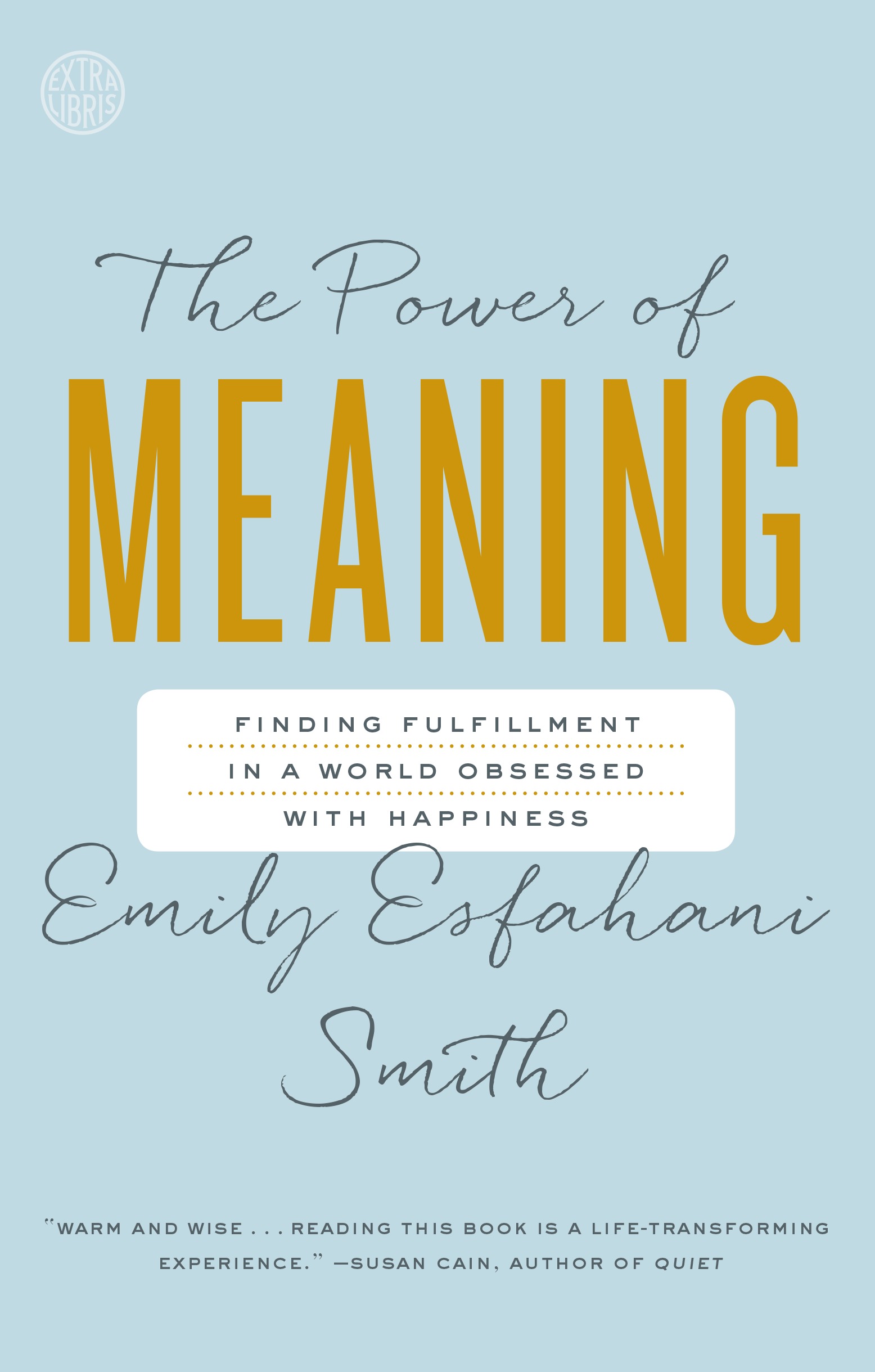The psychology of rituals in overcoming loss and restoring broken order.



Welcome to my blog. I document my adventures in travel, style, and food. Hope you have a nice stay!
The psychology of rituals in overcoming loss and restoring broken order.
Do we have a lost generation on our hands?
New research supports the understanding that all people are born with a sense of good and bad. What does that say about altruism, community, and the capacity to kill one another?
Hobey Baker, a turn-of-the-century athlete, is all but forgotten today—a revealing case of cultural amnesia. What Baker represented, and what he still represents, is in short supply in our time: an athlete whose success is determined by his moral integrity, not by the number of wins he stacks up or by the sums of money he earns.
Emile Durkheim, the father of sociology, died nearly a hundred years ago, but his insights about society and culture seem more relevant now than ever. To understand why, it’s worth turning to the French intellectual’s groundbreaking empirical study Suicide (1897).
For at least the last decade, the happiness craze has been building. In the last three months alone, over 1,000 books on happiness were released on Amazon, including Happy Money, Happy-People-Pills For All, and, for those just starting out, Happiness for Beginners.
If you want to get a sense of how college students approach sex, the play Speak About It is a pretty good place to start.
When Eleanor Clark was sixteen, waiting for an admissions letter from Vassar, she spent a “head-over-heels” year in Rome. Her love affair with the enigmatic city grew even deeper when, as a grown woman in 1947, she went back on a Guggenheim Fellowship to write a novel.